Hit enter to search or ESC to close
Premium Wire Mesh Products | Diverse Types, Wholesale Pricing
In diverse industrial sectors, the demand for robust, versatile, and cost-effective materials is paramount. Wire mesh products stand out as a foundational component, offering unparalleled adaptability across a myriad of applications from intricate filtration systems to heavy-duty security fencing. These engineered materials, produced through precise weaving or welding processes, leverage the inherent strength of their metallic composition to deliver solutions that are both durable and efficient. The market for industrial wire mesh is experiencing consistent growth, driven by expansion in infrastructure, manufacturing, and agricultural sectors globally. Key trends indicate a rising preference for specialized mesh types, including those with enhanced corrosion resistance like galvanized and stainless steel variants, alongside an increasing adoption of automated production techniques to meet escalating demand and maintain stringent quality controls.
Understanding the technical nuances of these materials is crucial for B2B decision-makers. The performance of a specific wire mesh is defined by its material composition, aperture size (mesh count), wire diameter (gauge), and surface treatment. For instance, Galvanized Wire Mesh, a popular choice, undergoes a galvanization process where a protective zinc coating is applied to steel wire. This coating acts as a sacrificial layer, significantly enhancing the mesh's resistance to rust and corrosion, thereby extending its service life in harsh environments. This makes galvanized mesh an ideal choice for outdoor applications, marine environments, and industrial settings where moisture or chemical exposure is a concern.
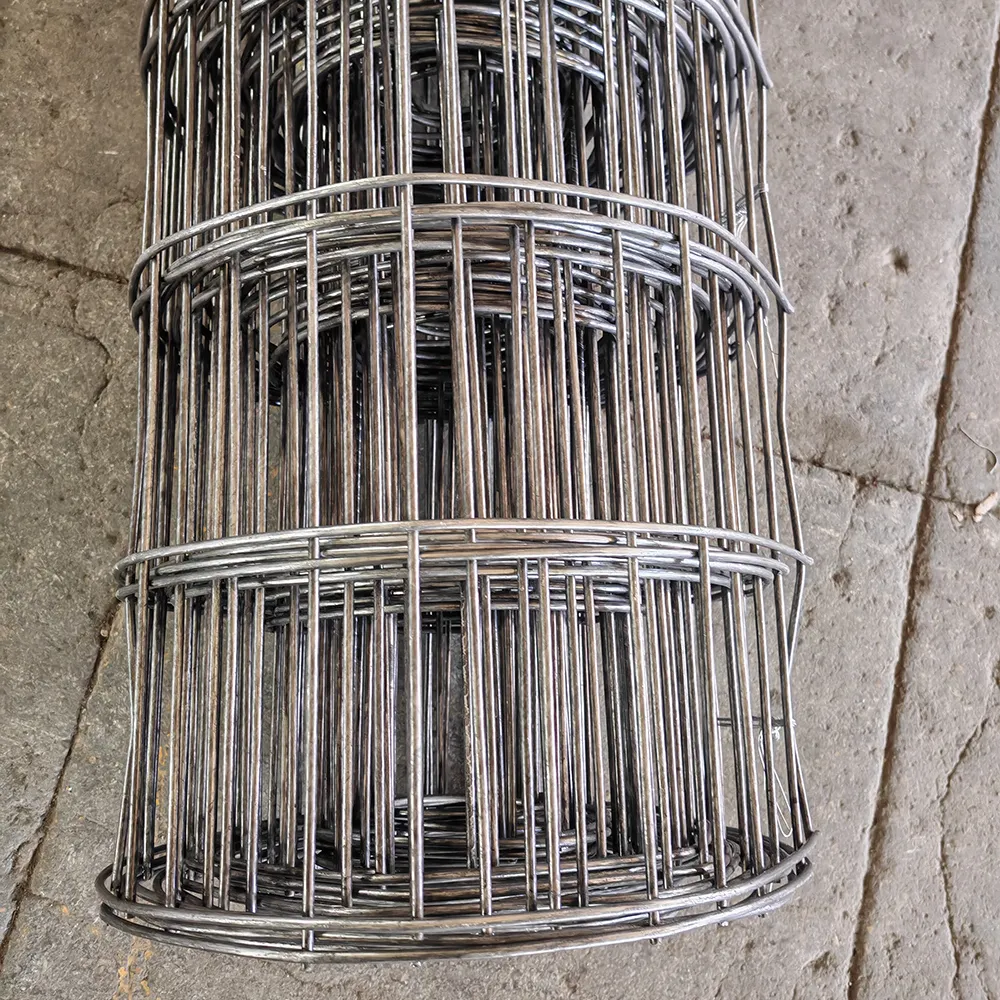
The production of high-quality wire mesh products is a sophisticated process that begins with the selection of premium raw materials. Typically, low-carbon steel wire is used for galvanized mesh due to its excellent formability and strength. The initial step involves wire drawing, where steel rods are pulled through a series of dies to reduce their diameter and achieve the desired wire gauge. This process not only shapes the wire but also enhances its tensile strength and ductility, preparing it for subsequent manufacturing stages. Following wire drawing, the wires undergo cleaning and annealing to remove impurities and achieve optimal flexibility.
For Galvanized Wire Mesh, the crucial galvanization process can occur in two primary ways: electro-galvanization or hot-dip galvanization. Electro-galvanization involves electroplating zinc onto the wire, resulting in a thin, uniform coating. Hot-dip galvanization, preferred for its superior corrosion resistance and thicker coating, involves immersing the fabricated mesh in molten zinc at temperatures around 450°C. This creates a metallurgical bond between the zinc and steel, offering robust protection. After galvanization, the mesh is precisely woven or welded. Woven mesh involves wires interlaced to form various patterns, while welded mesh uses electric resistance welding to fuse intersecting wires into a rigid grid.
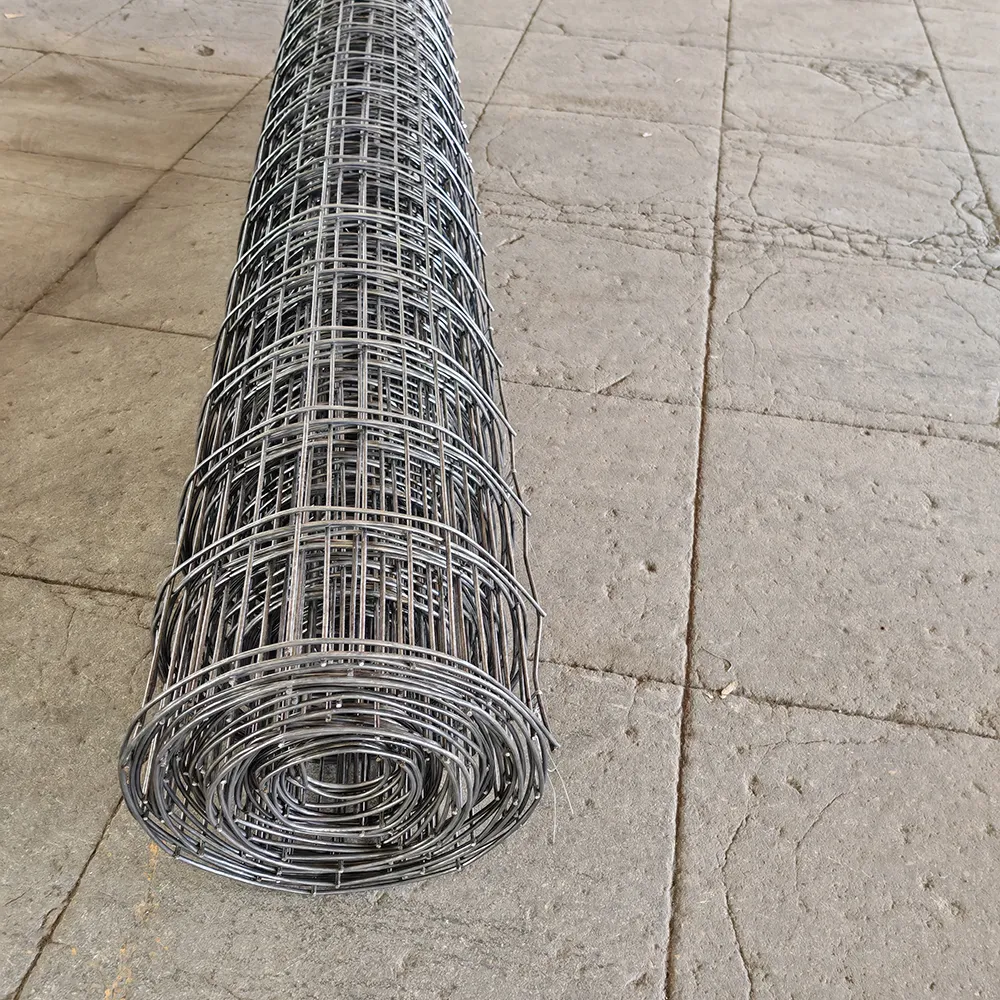
Quality assurance is integrated throughout the manufacturing lifecycle. Products like our Galvanized Wire Mesh adhere strictly to international standards such as ISO 9001 for quality management systems and relevant ASTM (American Society for Testing and Materials) or ANSI (American National Standards Institute) specifications for material properties and testing. This includes rigorous checks on wire diameter, mesh opening, zinc coating thickness, adhesion, and tensile strength. These stringent testing protocols ensure that each batch of wire mesh products meets or exceeds industry benchmarks for performance and durability, guaranteeing a long service life, typically ranging from 10 to 25 years depending on the environmental conditions and application.
The adaptability of wire mesh products, particularly Galvanized Wire Mesh, allows them to be indispensable across a broad spectrum of industries. In the petrochemical sector, they are extensively used for filtration, separation, and support grids in reactors and distillation columns, where their corrosion resistance is critical for handling aggressive chemicals and high temperatures. For metallurgy, wire mesh serves as sieves, screens, and protective barriers in material handling and processing. Its robust nature withstands abrasive conditions and heavy loads, contributing to efficient and safe operations.
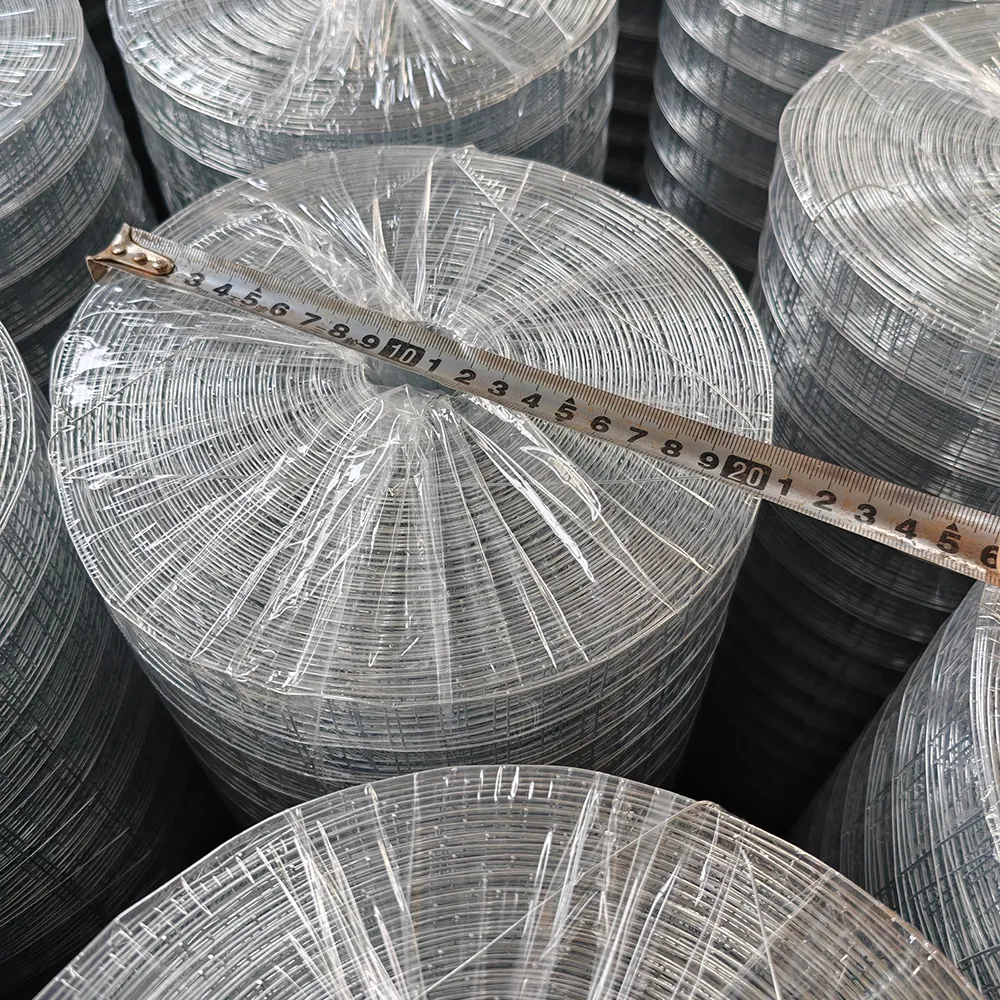
In water supply and drainage systems, galvanized mesh is frequently employed for debris screening, sediment filtration, and as reinforcement for concrete structures. Its anti-corrosive properties prevent degradation from constant water exposure, ensuring the longevity and integrity of critical infrastructure. Beyond these, industries such as agriculture utilize mesh for animal enclosures, crop protection, and ventilation systems. Construction relies on it for concrete reinforcement (gabions), security fencing, and fall protection. The inherent strength and stability of these materials, combined with their resistance to environmental factors, translate directly into significant advantages for end-users, including reduced maintenance costs, enhanced operational safety, and extended asset lifespan.
Furthermore, the design flexibility inherent in various wire mesh types enables custom solutions for highly specialized requirements. Whether it's a specific aperture for precise particle separation, a particular wire gauge for load-bearing applications, or a unique coating for extreme chemical resistance, manufacturers can tailor wire mesh to meet exact client specifications. This capability minimizes material waste and optimizes performance for the intended application, showcasing the critical role that specialized mesh plays in modern industrial processes.
Selecting the appropriate wire mesh products necessitates a detailed understanding of their technical specifications. Key parameters include mesh count (number of openings per linear inch), wire diameter (measured in gauge or millimeters), material type (e.g., carbon steel, stainless steel), and the type of galvanization. For Galvanized Wire Mesh, the thickness of the zinc coating is a critical indicator of its corrosion resistance and expected lifespan. Manufacturers often provide detailed data sheets for their products, including tensile strength, yield strength, and elongation percentage, which are vital for structural and load-bearing applications.
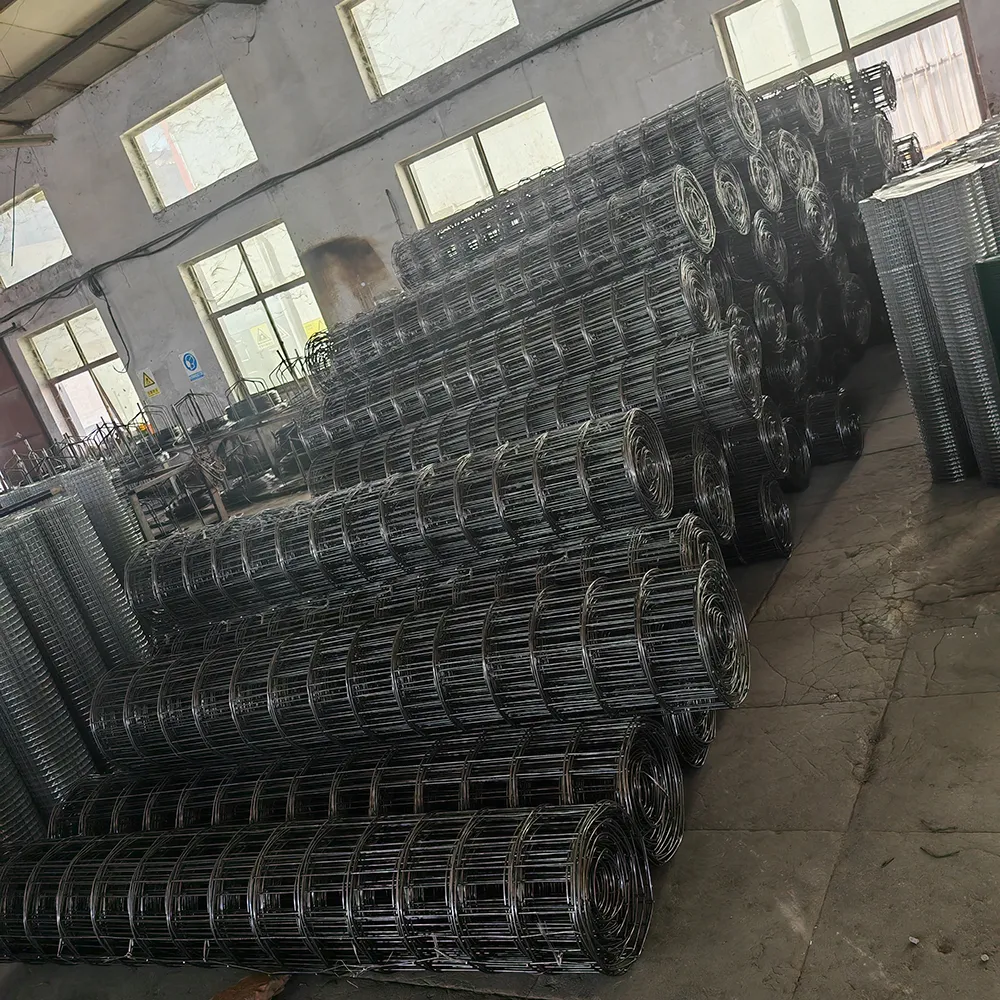
Below is a typical specification table for Galvanized Wire Mesh, highlighting the range of common technical parameters available. These specifications ensure that products can be precisely matched to specific operational requirements, whether for fine filtration, robust security, or structural reinforcement.
| Parameter | Common Range for Galvanized Wire Mesh | Unit/Standard |
|---|---|---|
| Material | Low Carbon Steel (Q195, Q235) | ASTM A510 / EN 10016-2 |
| Wire Diameter | 0.3 mm - 6.0 mm (6-28 Gauge) | MM / AWG |
| Mesh Opening (Aperture) | 1/4 inch (6.35mm) to 4 inches (101.6mm) | Inches / MM |
| Mesh Type | Woven (Plain, Twill, Dutch), Welded | N/A |
| Zinc Coating Method | Hot-dip Galvanized, Electro Galvanized | N/A |
| Zinc Coating Thickness | 30-300 g/m² (Hot-dip), 10-20 g/m² (Electro) | g/m² (grams per square meter) |
| Tensile Strength | 350-550 N/mm² (for steel wire) | N/mm² |
| Roll Widths | 0.5m to 2.5m | Meters |
When sourcing wire mesh products, especially for large-scale industrial projects or as a reseller, engaging with a reputable supplier specializing in wire mesh wholesale is paramount. A reliable manufacturer offers not only competitive pricing but also consistent quality, technical support, and the flexibility for custom orders. Key factors to consider include the manufacturer's adherence to international standards (e.g., ISO 9001 certification), their production capacity, lead times, and their experience in serving specific industrial sectors. Established suppliers often have decades of experience, refined processes, and a proven track record of successful deliveries globally.
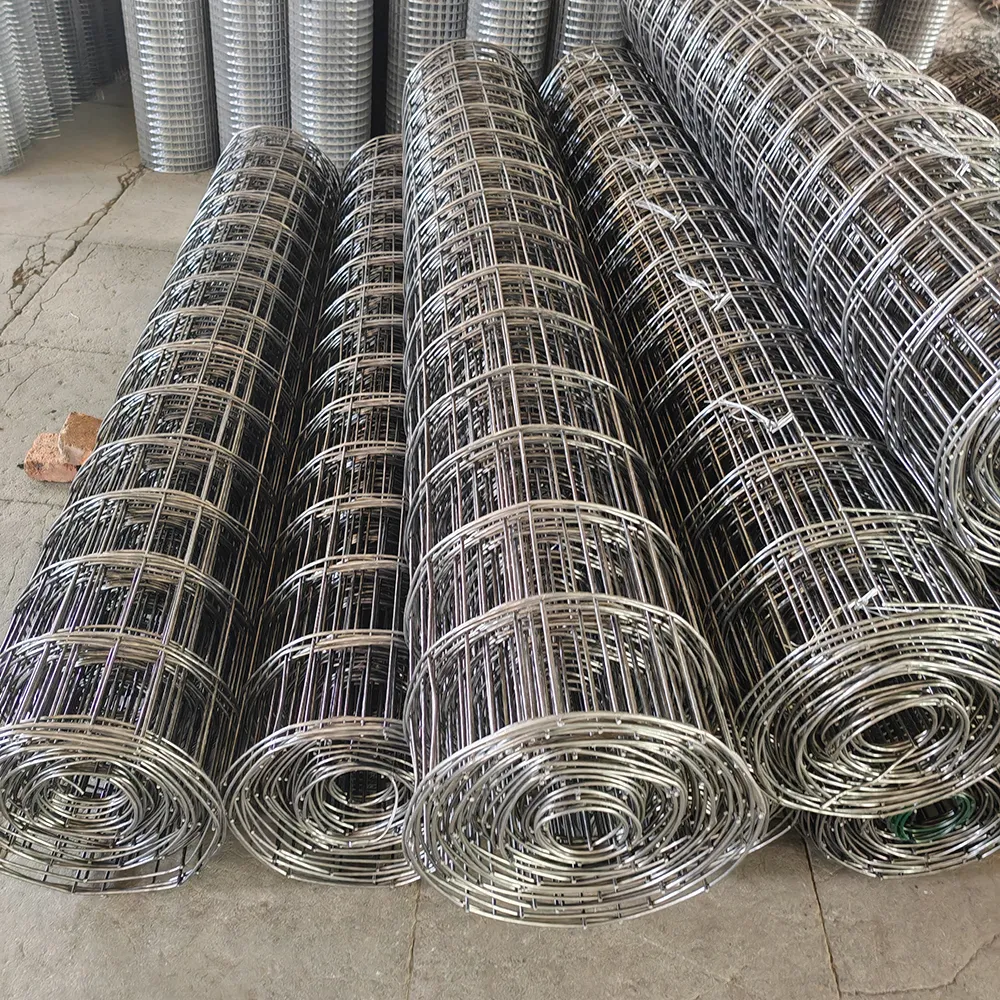
We pride ourselves on being a trusted partner in the wire mesh industry. With over 20 years of manufacturing excellence, our commitment to quality is underscored by our ISO 9001:2015 certification. Our extensive range of wire mesh types, including our flagship Galvanized Wire Mesh, is designed to meet diverse industrial demands. We offer comprehensive customization options, enabling clients to specify mesh size, wire gauge, material, and finish to perfectly match their unique application requirements. Our dedicated team of engineers and technical specialists provides expert consultation, assisting clients from conceptualization through to delivery, ensuring optimal product selection and performance.
Our service model includes transparent communication on delivery cycles, typically ranging from 15-30 days depending on order volume and customization complexity. We offer robust packaging solutions to ensure product integrity during transit, whether by sea, air, or land. Furthermore, our commitment to customer satisfaction is backed by a comprehensive quality assurance policy and product warranty against manufacturing defects, providing peace of mind for our B2B partners.
A: Hot-dip galvanization provides a thicker, more durable zinc coating through immersion in molten zinc, offering superior corrosion resistance and a longer lifespan, ideal for outdoor or harsh environments. Electro-galvanization applies a thinner, more uniform coating via electrolysis, often used for aesthetic purposes or less aggressive environments.
A: The appropriate mesh size depends on the particle size you need to filter or the aperture required for your specific barrier or reinforcement purpose. Consider the flow rate, material characteristics, and required retention or exclusion capabilities. Our technical team can assist in calculating the optimal mesh count and wire diameter for your needs.
A: Lead times vary based on the complexity, volume, and current production schedule. For standard Galvanized Wire Mesh, it typically ranges from 15-20 days. For highly customized or large-volume orders, it may extend to 25-35 days. We provide precise estimates upon order confirmation and strive to meet all delivery deadlines.
A: Yes, we understand the importance of validating product suitability. We can provide samples of our wire mesh types for testing and evaluation. Please contact our sales team to discuss your specific sample requirements.
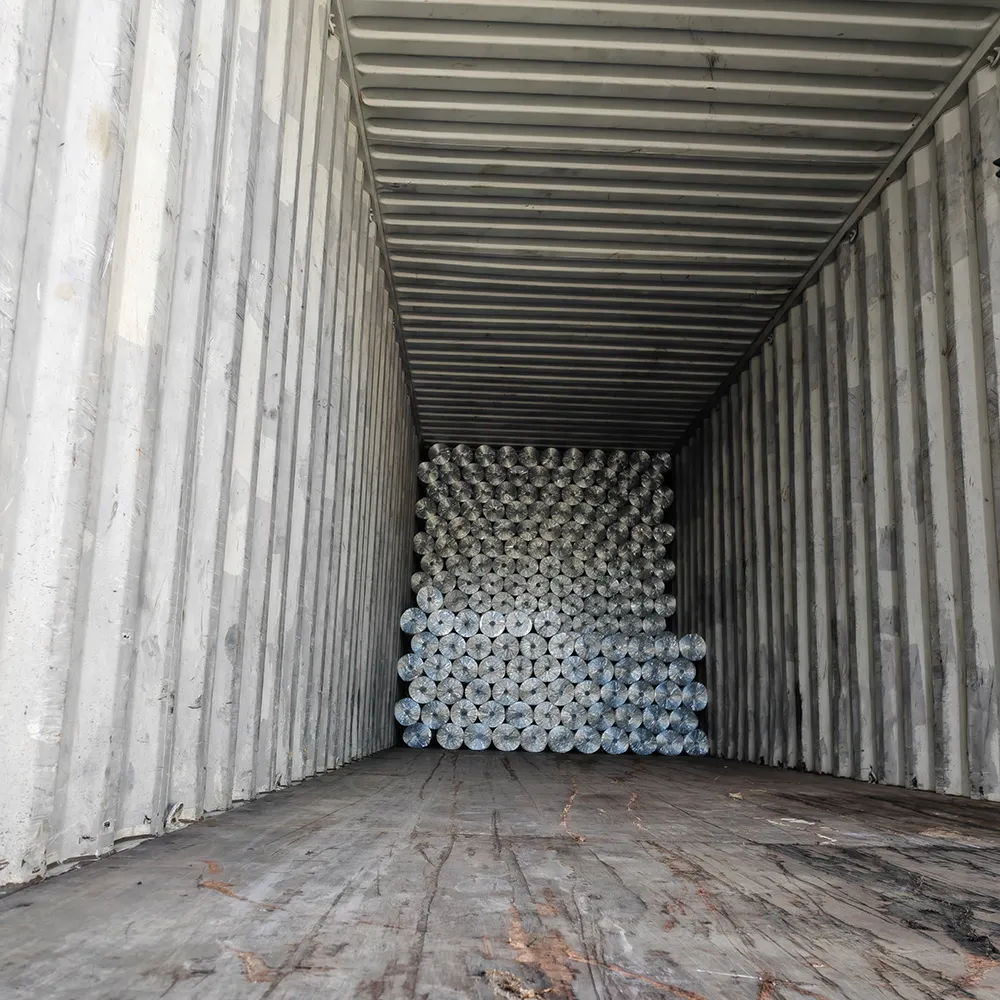
This is the last article
JOIN OUR NEWSLETTER
If you are interested in our products, you can choose to leave your information here, and we will be in touch with you shortly.
